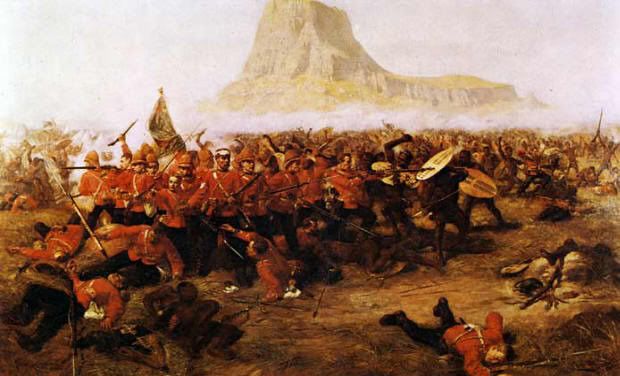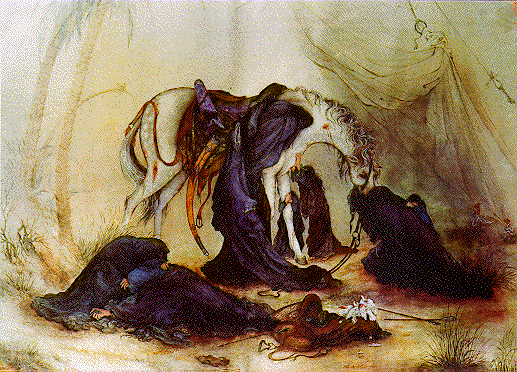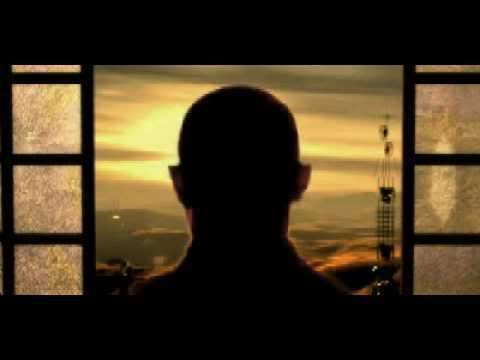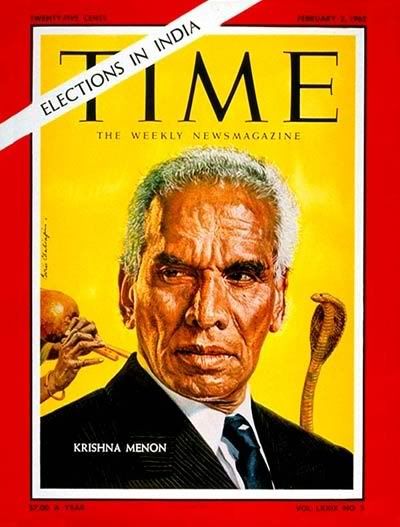Maybe some people are just born with it, y'know – that enthusiasm that follows them wherever they go. It seems as if they're about to find a pot of gold at the next turning. Well, good for them. I think it's great. But sometimes we gotta wonder if it's true. After all some of us don't find the pill-popping sort of happiness all that worthwhile.
It's another slow day today, and with it comes too much opportunity to think. I grew up here, but increasingly I find that this place feels less and less like home. Whatever reason I have to be here seems to decay with each passing year or even month, and the result is I don't feel like I belong anywhere now.
Alienation (remember Brecht?). With such a sentiment pervading my thoughts, I find imperative to recall some things I learned over the course of the past year or so. The wonderful thing, I think, about my education is how I don't simply learn about particular subjects. In fact, I'd say that I'm neither a good philosophy student, a good politics student nor (especially) a good economics student. It's shaping up to be something like the professional toilet that is the Liberal Arts. I realise that its legacy will be how I think and how I am – and those will probably be the keys to the future.
And a great truth that I learned from many of the books I read and the lessons I had is our alienation from ourselves and our surroundings. Apt enough considering my present situation. Who are we and why are we here? These aren't questions that common wisdom devotes a lot of attention to. It is said that where there's a will there's a way. But Schopenhauer and the Buddhists taught that where there's will there's suffering. How well do we know ourselves and our purpose? And, consequently, do we act accordingly?
I will offer no other purpose here other than to be happy. Perhaps, to be more precise, to be eudaimon. What are we doing to achieve that end? Or, perhaps more pertinently, why do we do what we are doing now? Is it in accordance with our purpose? And do we really understand ourselves when we make decisions?
For that matter, I think we might never. But the first step is to recognise that we don't, to realise that we are our own worst enemy, that we have to constantly struggle against ourselves to achieve our purpose. The first step to finding our way is to realise that we're lost – as individuals and as a whole society. Our situation is expressly disconcerting. That is why I am a pessimist.
And here we return to the question of why. Knowing that we're often misguided, we must ask ourselves why we do what we do. Why do we desire this and that? Why do we work? Why do we spend? What is our reason for doing something? Is that really our purpose?
Do we really want this and that?
If people ask themselves why, they probably wouldn't be building a few more shopping malls with the same bunch of shops. They probably wouldn't be working hard to pay credit card bills for things they don't need.
Why are we letting others tell us what we want, what our purpose is? Why do we just listen to people who tell us what exactly we have to do to achieve our purpose? "Buy this and life will be perfect." As the Marxist critique suggests, why do we care so much about the exchange or the relative value of things and so little about what use we really have for them?
Maybe we find that we do want something. Then we should ask ourselves why as well. Does wanting something make us happy, or does it make us miserable? As we must sometimes not listen to others, we must sometimes not listen to ourselves. As I said, we are fighting against ourselves, struggling with our own will. Learning to let go is as important as learning to be determined.
But the good news is we don't have to renounce the world or our will. As long as we realise our purpose and constantly ask ourselves whether what we do is in accordance with it, we don't have to be constantly lost.
And, on the other hand, realising our purpose also changes how we choose to see things. The truth is nothing to celebrate about, but we don't have to crushed by it. We can nevertheless celebrate life, appreciate the things in it, big and small. We can transcend the bleak world of things by understanding it and choosing to see the good that it contains. Thus we would overcome our pitiful selves, who are slaves to the topsy-turvy world – we become Übermenschen.
The right way lies in the combination of understanding reality and celebrating what we have as per our purpose; in living in our time, understanding its fatal flaws and working towards a better future. This sounds almost like it's coming from a good Hegelian man. That is why I am optimistic.




